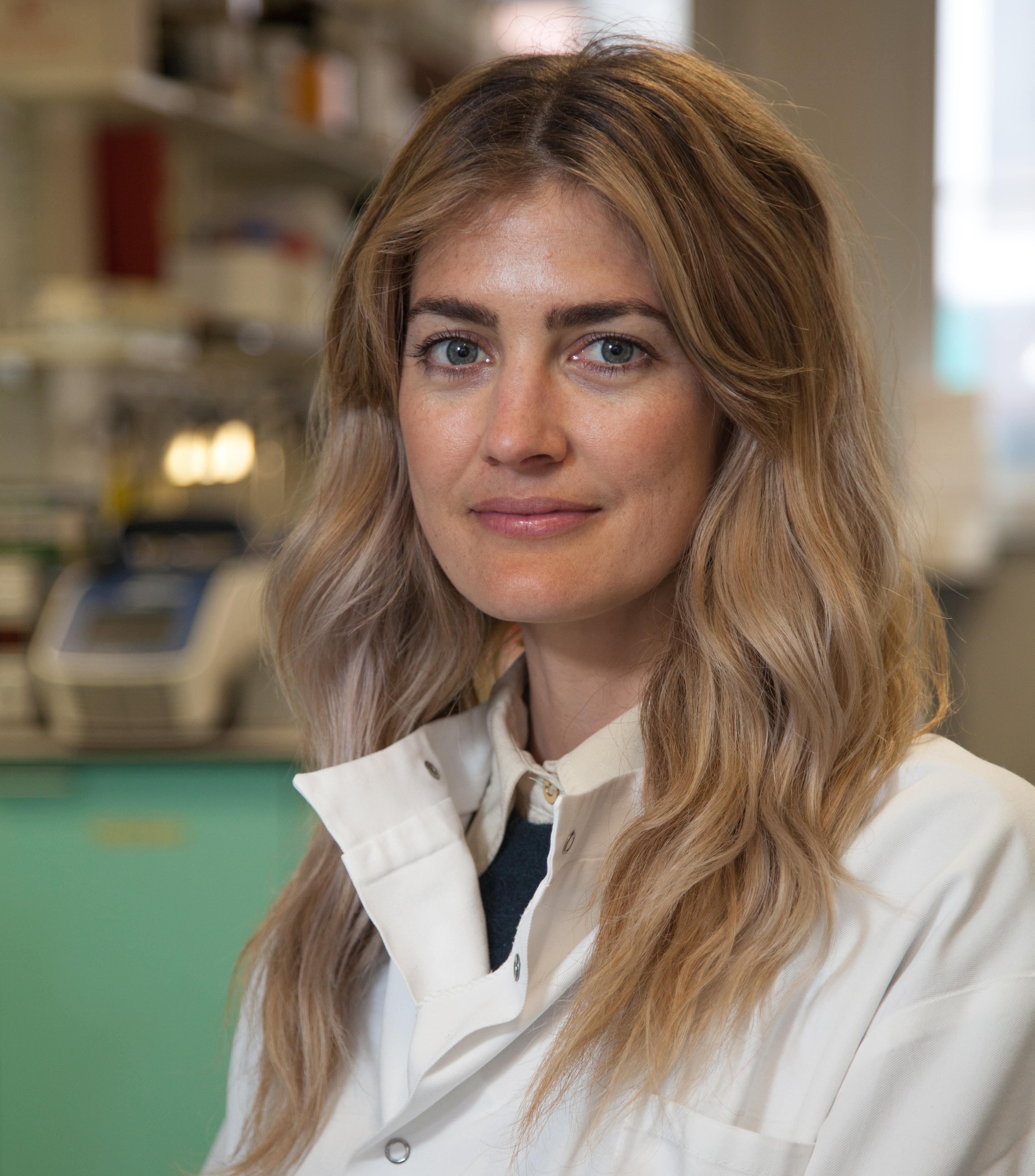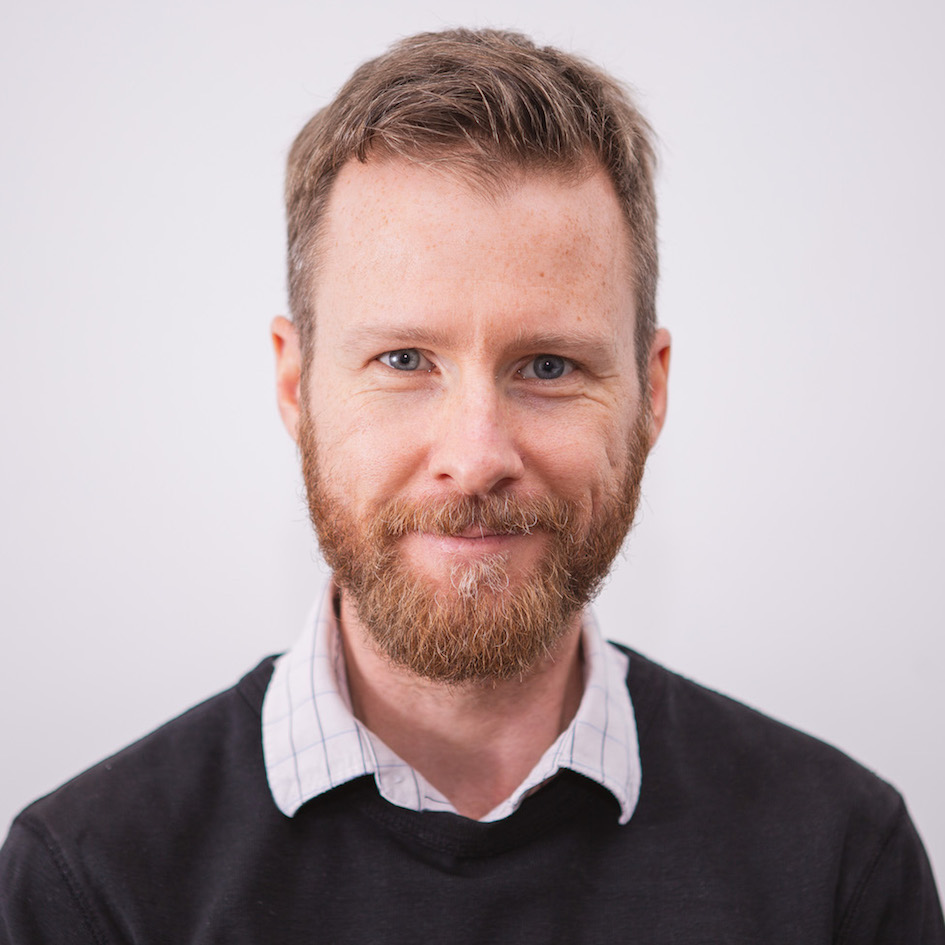MCMC Seminar Speakers

University of California, San Diego
WebsiteMathematical modeling of cancer evolution to optimize prevention strategies
Kit Curtius
September 9, 2025
Cancer initiation and progression is an evolutionary process. Genetic and epigenetic alterations underpin phenotypes that drive natural selection at the cellular level in precancerous stages. However, predicting later cancer formation often requires more than counting mutations. Understanding the dynamics is critical to predict individual cancer risk in patients and intervene effectively. I will present mathematical methods that incorporate multiscale data types (from population-level incidence to patient-level genotypes) to help answer complex questions such as when to offer screening tests in certain populations.

University of North Carolina
WebsiteModeling tumor heterogeneity to understand the clinical efficacy of combination therapy
Adam Palmer
May 13, 2025
Tumor heterogeneity is a central difficulty of cancer treatment and causes practically all cancer therapies to vary in effectiveness between patients. Combination therapy is a key strategy to overcome heterogeneity, but predicting which drug combinations will be effective has been a long unsolved problem. Because single drugs are variably effective, we have built models around the idea that combination therapy in human populations involves ‘variable effects plus variable effects’. I will describe studies that apply this principle to understand and to accurately predict the population-level activity of combination therapies in human clinical trials, including treatments with curative effect.

City St. Georges, University of London
WebsiteUnderstanding, predicting and controlling stochastic cancer evolution
Rob Noble
March 4, 2025
Understanding the nature of tumour evolution promises to enable more accurate prognostic methods and more effective treatment strategies. I will use three examples to illustrate how the analysis of stochastic processes can aid this goal by bridging the gap between ODE/PDE models and agent-based simulations. First, I will show how surprisingly simple mathematical expressions can be derived to explain why selective sweeps (the spread of beneficial mutations through an entire population) are rare except when tumours are relatively very small. Next, I will explain how studying tree generating processes and tree shape indices can improve model selection and clinical forecasting methods. Finally, I will present an application of stochastic processes to improving cancer cure rates by minimizing the probability of evolutionary rescue. Although all this work is motivated by questions in cancer research, the methods and results are readily applicable to other biological systems.